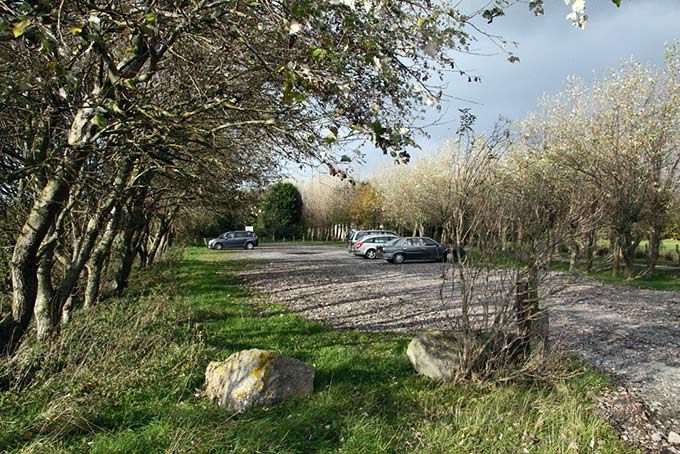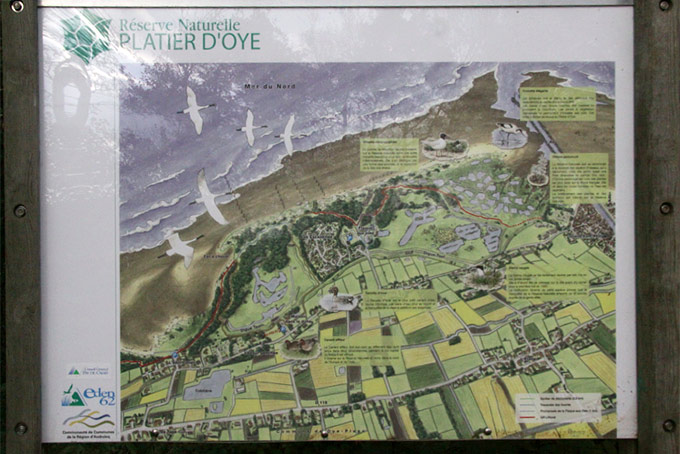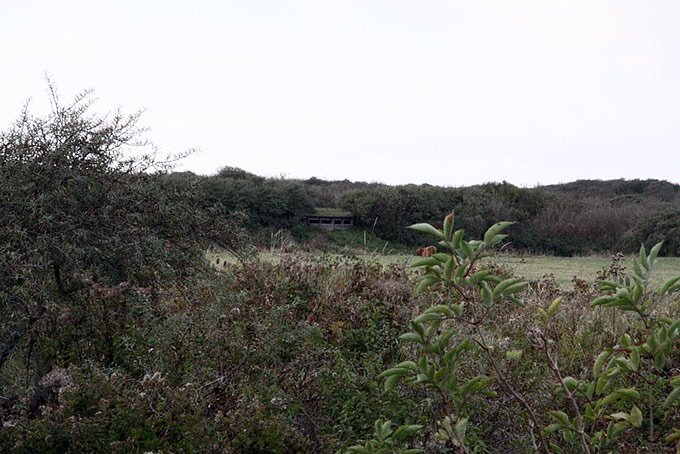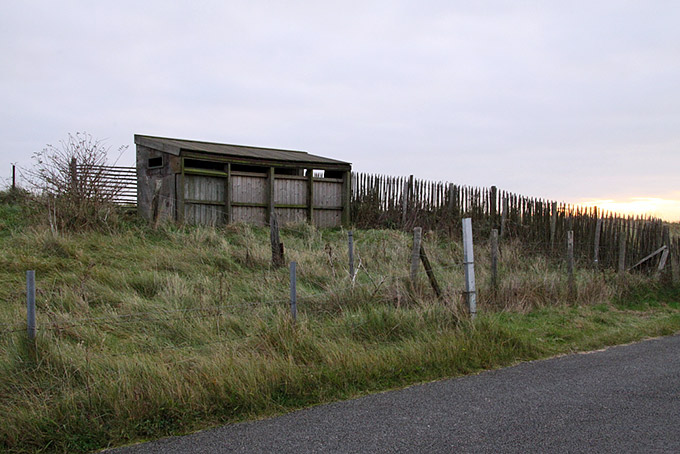Since 1979, much wetland in France has been acquired by the Conservatoire du Littoral (Coastal Protection Agency). This is a public body, established by the French government in July 1975, with the remit of ensuring the protection of outstanding natural areas of coastal and inland wetland habitats which were in excess of 1000ha in area.
The Conservatoire has defined three main criteria for selecting land for acquisition:
a site which is threatened by urbanisation, fragmentation or modification e.g. infilling;
a site which has deteriorated and needs rapid restoration;
a site which is closed to the public whereas it should be open to everyone.
Le platier d'Oye natural reserve was established on July 9, 1987. In common with most other nature reserves, public access is an important aspect but is managed so that its impact on the wildlife and habitats is minimal. The reserve management's objectives include the statement (in French, here summarised in English):
This set of photos shows the layout and infrastructure of the reserve which is similar in many respects to that of UK reserves.
Car-parks are relatively small and practical. (Photo 1). On site facilities are minimal although there are toilet facilities and a small information centre.

Signs (Photos 2-5). Signs are clear and informative but are unobtrusive. Photo 5 advises visitors to be quiet and listen to the birds.




Hides (Photos 6-14). Although basically similar to hides elsewhere, there are many originalities in their design. Hide 1 is a two-tier hide as can be seen in photo 7. Hide 2 basically consists of a roofed blind with enough back wall to hide observers. Hide 3 doesn't bother with the back wall at all. Hide 4 is on top of a bank and views across a public road. An important feature to note with all these hides is the direct funnelling of visitors into the hides themselves. It is very difficult for anyone to go anywhere except into the hide.









Paths (Photos 15-17). Good low-maintenance paths which are difficult to stray from. Note in Photo 17 the barbed-wire fence preventing access on to the embankment.






